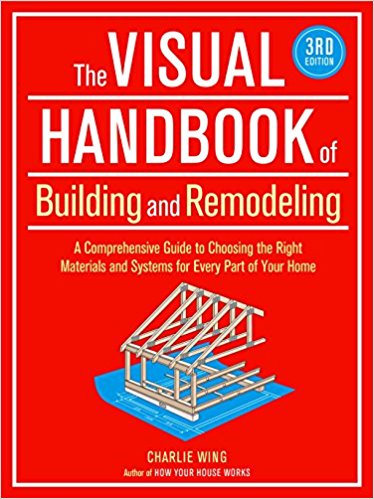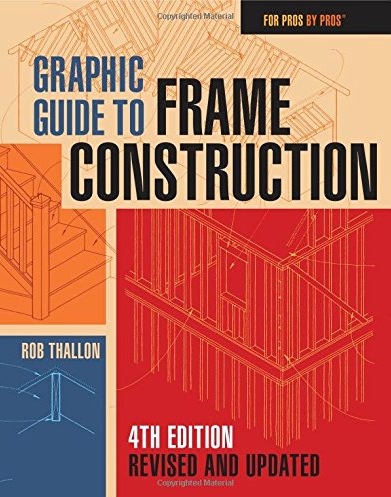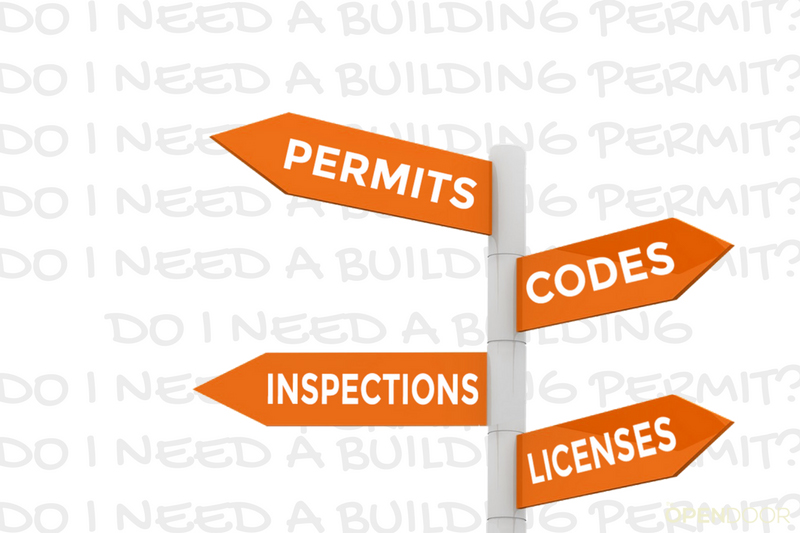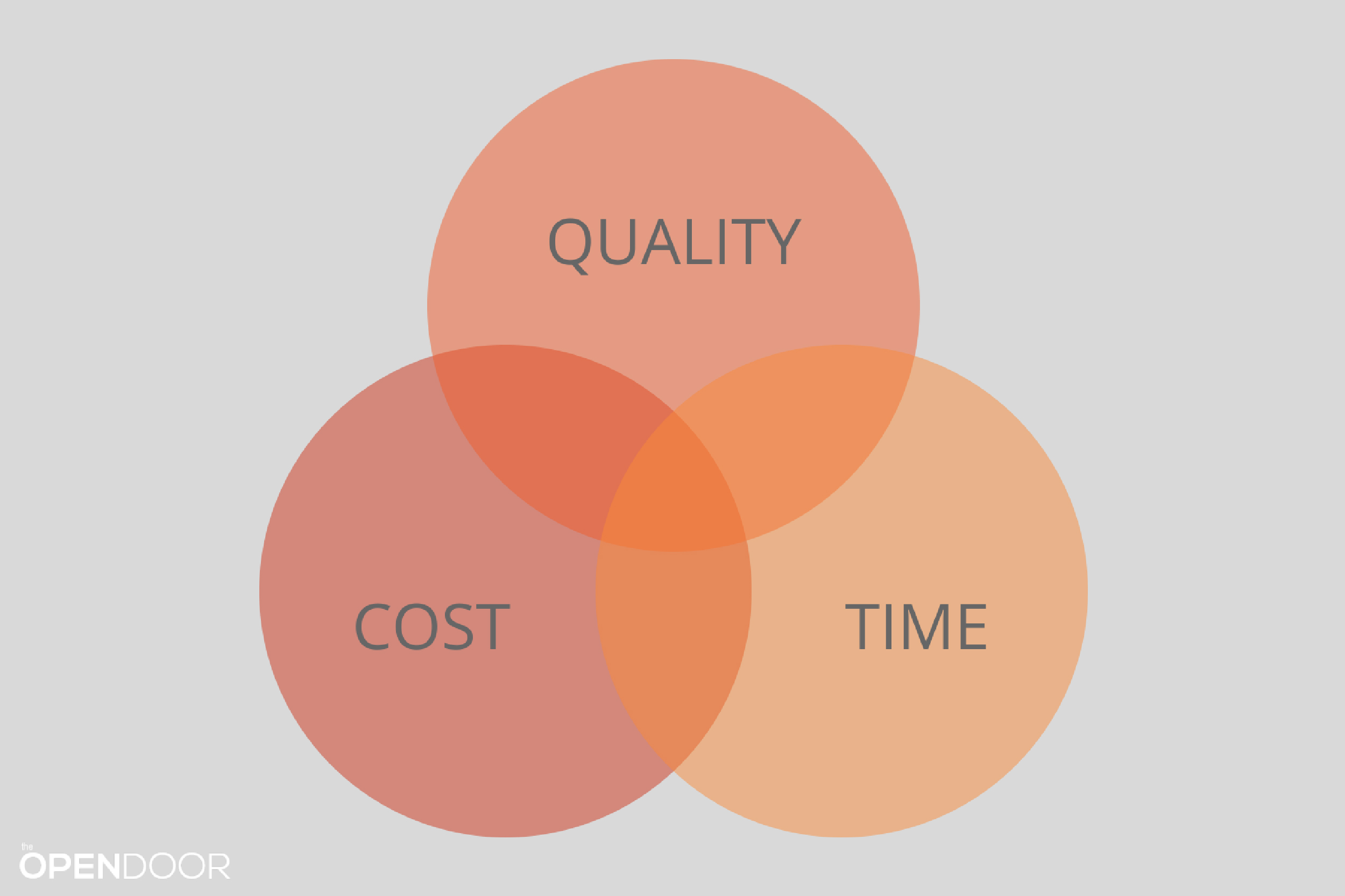This article shares helpful information, advice, and resources about what to do when you come across construction terminology or industry buzzwords that you don’t understand during your project.
Industry-specific words exist in every profession and trade. For a first-time homebuilder or newcomer (or even a veteran) trying to understand it can be difficult. The building process is confusing enough, let alone the construction lingo! But, don’t worry. Lots of people are in the same boat you are: hearing strange words and acronyms they’ve never heard before.
Follow along as we break down this language barrier…
What’s with the design and construction terminology and why is it used?
Industry jargon (or any other way you want to describe the industry-specific vocabulary) are any words, phrases, or acronyms that most people outside the industry don’t use on a daily basis.
Most industries have their own language. Law, medicine, tech, finance, and, of course, design and construction industries have a set of vocabulary words and phrases that they use to describe specific things. Just eavesdrop on two professionals in the same industry talking and you’ll know what I mean.
Industry lingo enables people in the industry to communicate more clearly. This common understanding of terms allows people to discuss ideas more rapidly with less need for lengthy explanations. For example, instead of saying, “the horizontal surface at the bottom of a roof where it overhangs the wall” a contractor or architect may use the word “soffit”. However, in order for this carefully defined terminology to be effective, each person in the conversation must have a basic understanding of the terms.
Obviously, using plain English and layman’s terms would be ideal and have the strongest impact when speaking to the general public. Whereas overly technical words and “archi-speak” can alienate ordinary people. But unfortunately, industry-specific words in the building and construction industry are prevalent. Not only that, you have professionals in related industries like real estate, engineering, and banking that have their own terms that you also have to deal with when you’re taking on a home construction project.
There are many words that you’ll hear throughout the course of your project that you’ve never heard before. Here are some common ones:
- From your designer: fenestration, elevation, facade, glazing, or adjacency.
- From your contractor: eave, sheathing, blocking, plumb, square, grout, or glulam.
- From your engineer: shear, hydrostatic pressure, live load, or point load.
- From your banker: contingency, ARMS, APR, or LTV
- From your realtor: escrow, titling, discount points, or closing costs.
- From the building official: easement, setbacks, FAR, or C of O.
So, what do you do when you come across jargon like this and you don’t know what it means?
Whether it’s from your builder, designer, banker, or any other building professional, chances are there will be times when you hear words that you’ve never heard of or don’t understand. When this happens, don’t get anxious or frustrated. Instead, here’s some advice:
First, don’t let yourself get all worked up.
You can’t expect to know everything about the design and construction process, especially if you’re a newbie. I’ve been in the profession for many years and I’m still learning new words and phrases every day. So, it’s OK that you don’t know everything.
Consider this unknown language as a learning opportunity.
Embrace the experience and let yourself be open to learning the language. Nothing will say you care more than making an honest effort to learn more about your project and the industry.
When you come across words or phrases you’ve never heard before, the easiest thing to do is to politely ask the building professional who is using the words to explain what they mean so you can understand better. More than likely they’ll appreciate your eagerness to learn and try to explain the concepts in words you can understand. If they get irritated or annoyed, don’t take it personally. It’s their responsibility to make sure they are speaking to you in a way you can understand. At the same time, it’s your responsibility to speak up if you don’t understand something in the first place.
If speaking up feels awkward, uncomfortable, or inopportune, you can write the words down (hopefully you’re taking notes on your conversations), then look them up later online, in books, or ask someone else who is knowledgeable that you trust and are comfortable with to explain things to you better.
And lastly, the best way to make sure you understand the vocabulary is to practice.
Just like people say you don’t really know something until you teach it to someone else, you don’t really know industry language until you start using it and recognizing it yourself. Talk openly to your project team. Try to use the words appropriately. Your team will help you along and make sure you’re continuing to use the words in the proper context. And, soon enough you’ll be speaking the language with ease.
Helpful Resources
To help you get started, immerse yourself in educational materials about whatever topic you’re about to embark on. I like to tell people that it’s always a good idea to learn more about the design and construction process before you begin. Familiarize yourself with the various components and process of your project.
The following books and links are resources that I recommend if you’re looking to learn more about design and construction lingo.
Houzz’s Design Dictionary – An online reference for design buzzwords listed alphabetically.
The Visual Handbook of Building and Remodeling – There’s a lot of great illustrations in this book. This is one of my favorites for understanding design and construction concepts.
– There’s a lot of great illustrations in this book. This is one of my favorites for understanding design and construction concepts.
Graphic Guide to Frame Construction – Another great book with a lot of illustrations. This one is specifically about wood frame construction.
– Another great book with a lot of illustrations. This one is specifically about wood frame construction.
Learn the Lingo of Houses 2016 – This one is written for a realtor audience but explains house styles, interior design styles, and features of a home that newbie first-time home builders would still find helpful.
– This one is written for a realtor audience but explains house styles, interior design styles, and features of a home that newbie first-time home builders would still find helpful.
Disclaimer: Please note that the Amazon links above are affiliate links.










